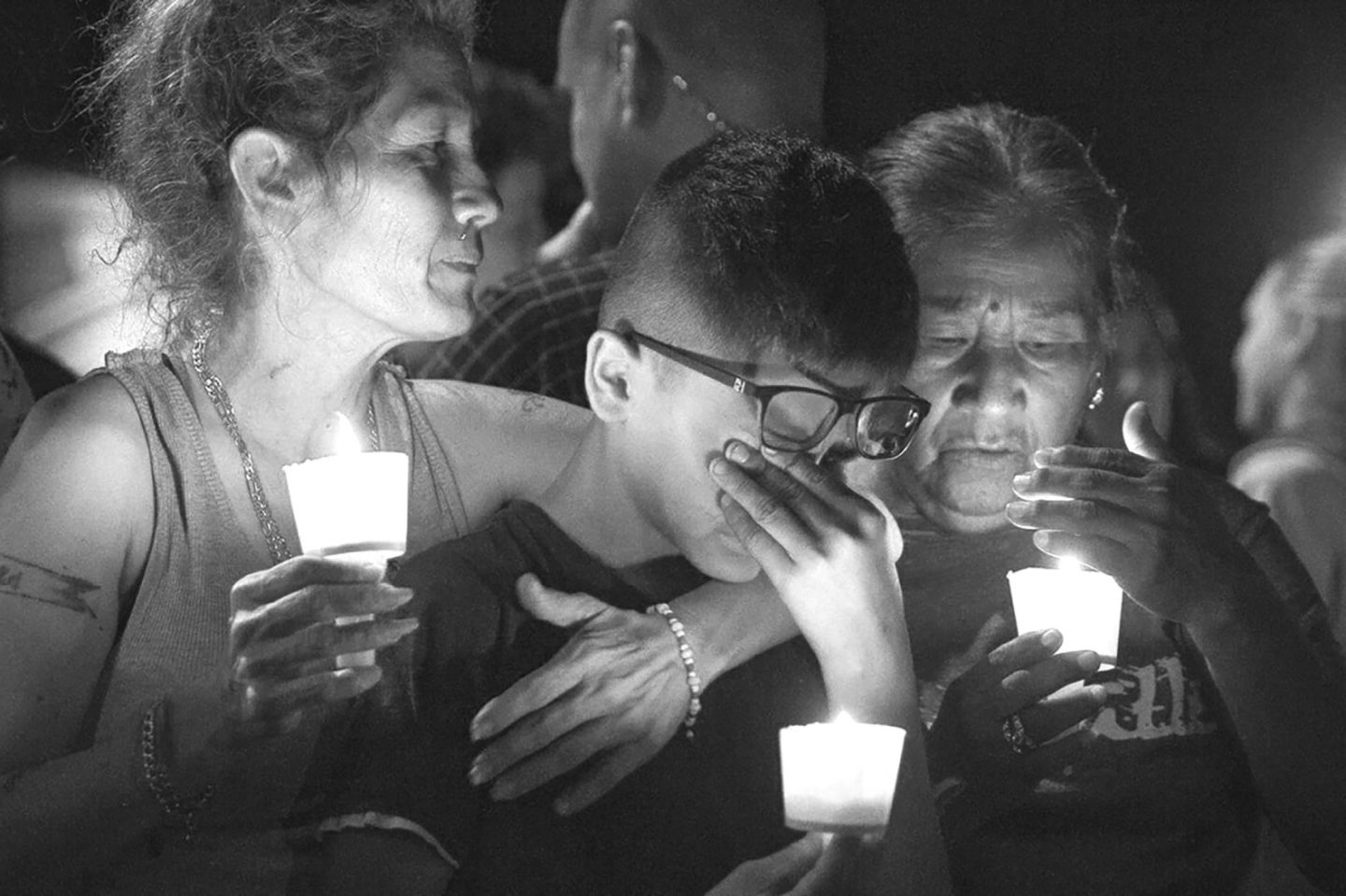The Lord said to Ananias, “Go over to Straight Street, to the house of Judas. When you get there, ask for a man from Tarsus named Saul. He is praying to me right now. I have shown him a vision of a man named Ananias coming in and laying hands on him so he can see again.”
“But Lord,” exclaimed Ananias, “I’ve heard many people talk about the terrible things this man has done to the believers in Jerusalem! And he is authorised by the leading priests to arrest everyone who calls upon your name.”
But the Lord said, “Go, for Saul is my chosen instrument to take my message to the Gentiles and to kings, as well as to the people of Israel. And I will show him how much he must suffer for my name’s sake.”
So Ananias went and found Saul. (Acts 9:10-18)
He gets featured in all of eight verses, but Ananias is one of my greatest Bible heroes. I want to be like him.
The man Saul is now known to us as the Apostle Paul, without whom most of our treasured New Testament would not exist – or most of the Church, for the matter. And Paul attributes his salvation to the willingness of one godly man who obeyed when it counted the most.
You could even argue that Paul was what we would call a terrorist in today’s terms. The Bible says that he was literally “going everywhere to destroy the Church. He went from house to house, dragging out both men and women to throw them into prison” (Acts 8:3), and was “eager to kill the Lord’s followers” (Acts 9:1).
Terror attacks seem to be getting more and more frequent these days. I woke up to the news of the Texas shooting on the morning of November 6, 2017, and like many others, was stunned and heartbroken.
God called Ananias to go after the hardest and the darkest, because He knew what He had placed within Paul.
But my thoughts once again turned to Ananias and Paul as I was praying. About God’s instruction to Ananias, and how maybe He’s whispering that same instruction to us, if we are only paying attention.
God called Ananias to go after the hardest and the darkest, because He knew what He had placed within Paul. He knew his relentlessness, his undying commitment to truth. He knew his unbelievable ability to suffer for the sake of what he believed in, even unto death.
He saw in Paul who he had always been meant to be. The man who would one day proclaim the famous words we all echo: To live is Christ, and to die is gain.
There’s a curious passage in the book of Luke where some of Jesus’ followers imply that the Galileans had been murdered by Pilate because of their sin, only to face His gentle rebuke.
Some of those present informed Jesus that Pilate had slaughtered some Galilean Jews while they were offering sacrifices at the temple, mixing their blood with the sacrifices they were offering.
Jesus turned and asked the crowd, “Do you believe that the slaughtered Galileans were the worst sinners of all the Galileans? No, they weren’t! So listen to me. Unless you all repent, you will perish as they did. Or what about the eighteen who perished when the tower of Siloam fell upon them? Do you really think that they were more guilty than all of the others in Jerusalem? No, they weren’t. But unless you repent, you will all eternally perish, just as they did.” (Luke 13:1-5)
So maybe this is another sermon for another day, but I remember just stopping to re-read that passage a few times.
It challenges us to ask what God’s perspective is on physical death and natural crises. And I just feel like that is the best response we can have every time a horrific incident like this terror attack occurs. To ask God to renew our minds again in how we see things, to ask continually for the perspective of Heaven.
What areas is He calling us to go after the hardest and the darkest without fear of death or failure?
In what areas is He breaking our hearts for what breaks His, and in what areas is He inviting us into more of Him and to look through His lens? What areas is He calling us to go after the hardest and the darkest – as Ananias did – without fear of death or failure?
Back to Apostle Paul, whose zeal for justice was redeemed for the Gospel upon his encounter with the living Christ. He makes this incredible declaration in his first letter to the Corinthian church, and I believe it will comfort you the way it does me in this time of tragedy:
“If our hope in Christ is only for this life, we are more to be pitied than anyone in the world.
“Our earthly bodies are planted in the ground when we die, but they will be raised to live forever. Our bodies are buried in brokenness, but they will be raised in glory. They are buried in weakness, but they will be raised in strength. They are buried as natural human bodies, but they will be raised as spiritual bodies.
“But let me reveal to you a wonderful secret. We will not all die, but we will all be transformed!
“Then, when our dying bodies have been transformed into bodies that will never die, this Scripture will be fulfilled:
‘Death is swallowed up in victory.
O death, where is your victory?
O death, where is your sting?’
“So, my dear brothers and sisters, be strong and immovable. Always work enthusiastically for the Lord, for you know that nothing you do for the Lord is ever useless.”
(1 Corinthians 15:19-58, excerpts chosen by author)









